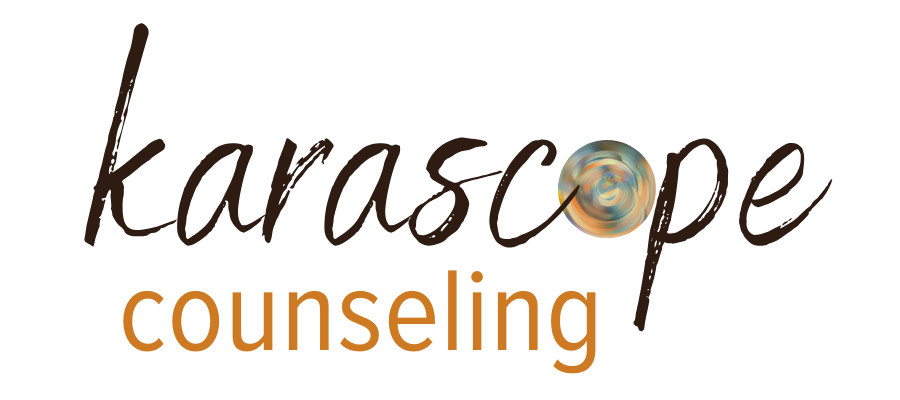Discernment Counseling
If you or your partner are considering divorce but are not 100% sure, you’re in a tough spot. Discernment Counseling is a chance to slowdown, take a breath, and look at your options.
What is discernment counseling?
The goal of discernment is to help couples arrive at greater clarity and confidence in their decision making about the future of their relationship based on a deeper understanding of the problems in the marriage and each person’s contributions to them.
Discernment Counseling helps couples when one person is “leaning out” of the relationship (not sure regular couples counseling would help) and the other is "leaning in” toward rebuild the marriage. The counselor will help you decide whether to try to restore your relationship to health, move toward divorce, or take a time out to decide.
The goal of Discernment Counseling is not to solve your marital problems but to see if they are solvable. You will each be treated with compassion and respect no matter how you are feeling about your marriage at the moment. No bad guys and good guys.
You will come in as a couple but the most important work occurs in the one-to-one conversations with the counselor. Why? Because you are starting out in different places. The counselor respects your reasons for divorce while trying to open up the possibility of restoring the marriage to health.
The counselor emphasizes the importance of each of you seeing your own contributions to the problems and the possible solutions. This will be useful in future relationships even if this one ends.
Number of Sessions: Between 1 to 5 sessions, each lasting 1.5-2 hours. Each partners commits to only one session at a time.
Discernment Counseling is not suitable when:
One spouse has already made a final decision to divorce
One spouse is coercing the other to participate
There is danger of domestic violence
Discernment Counseling Video Introduction
A short-term, facilitated process for couples deciding whether to end or continue their relationship so they can move forward with clarity and confidence. Pre and Post-Divorce support to minimize conflict and co-parent as peacefully and productively as possible.
What does discernment counseling look like?
The first session is 2 hours, and subsequent sessions are an hour and a half each.
In discernment counseling, we discuss the paths that are before every couple on the brink of divorce.
Path 1 is the status quo, in which the relationship continues on its current path.
Path 2 is the separation or divorce path.
Path 3 is the possible reconciliation path, in which both partners agree to take divorce off the table for a 6-month period of couples therapy, and each person commits to working on themselves and the relationship to see if they can get the relationship to a healthier place.
These three paths frame the discussions we have in discernment counseling.
Marriage Counseling vs. Discernment Counseling
Discernment counseling is different from typical couples counseling. The goal is not to solve your problems but to help you decide whether to try to solve your problems or choose a different path. It’s not about immediate change in your relationship but seeing what changes each of you might need to make in the future if you decide to work on yourselves and your marriage.

